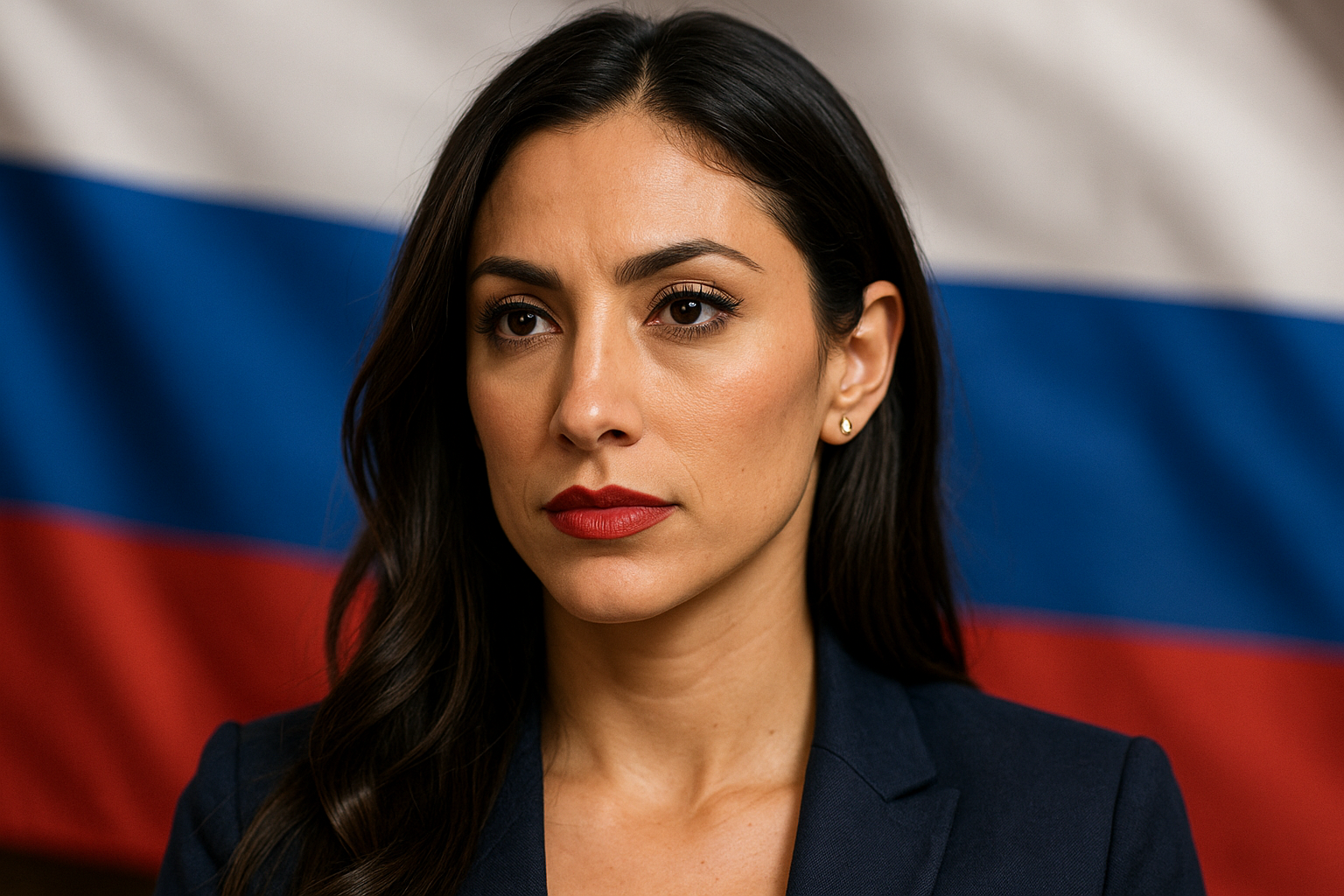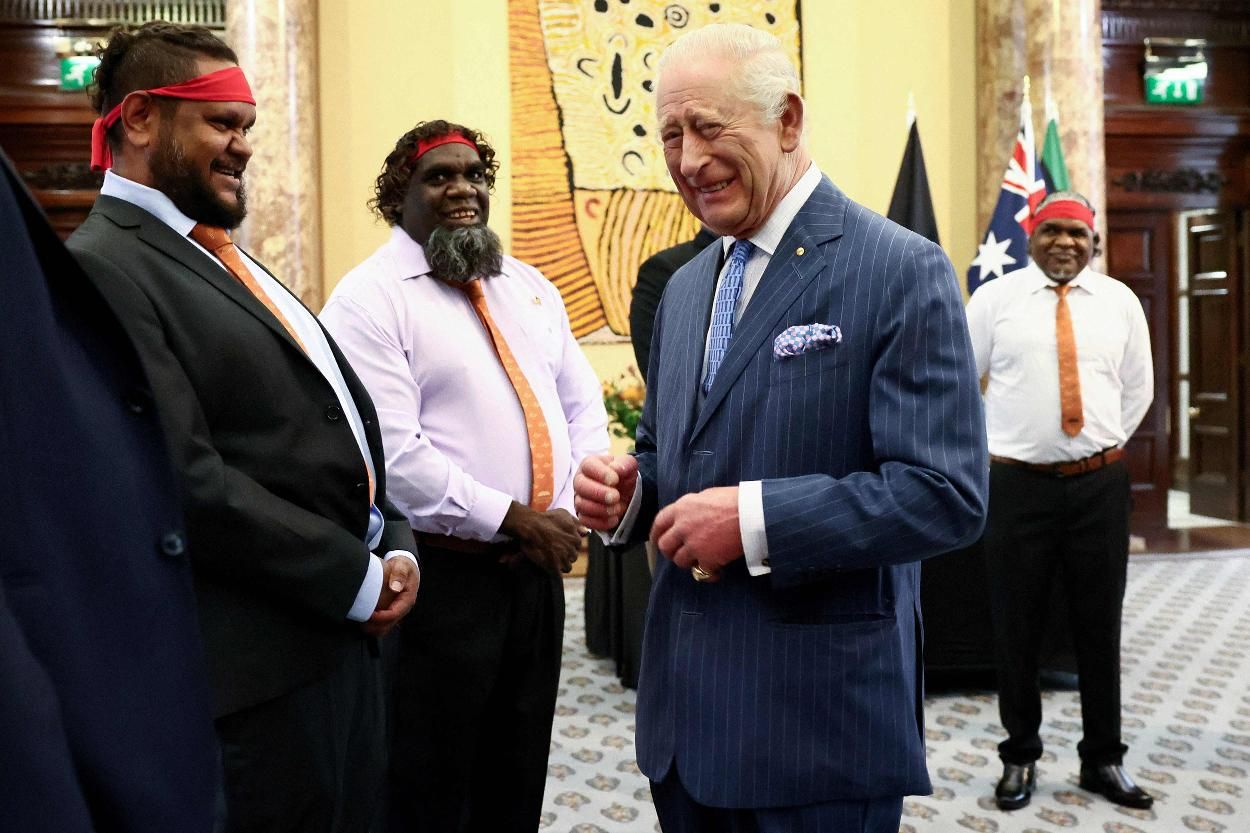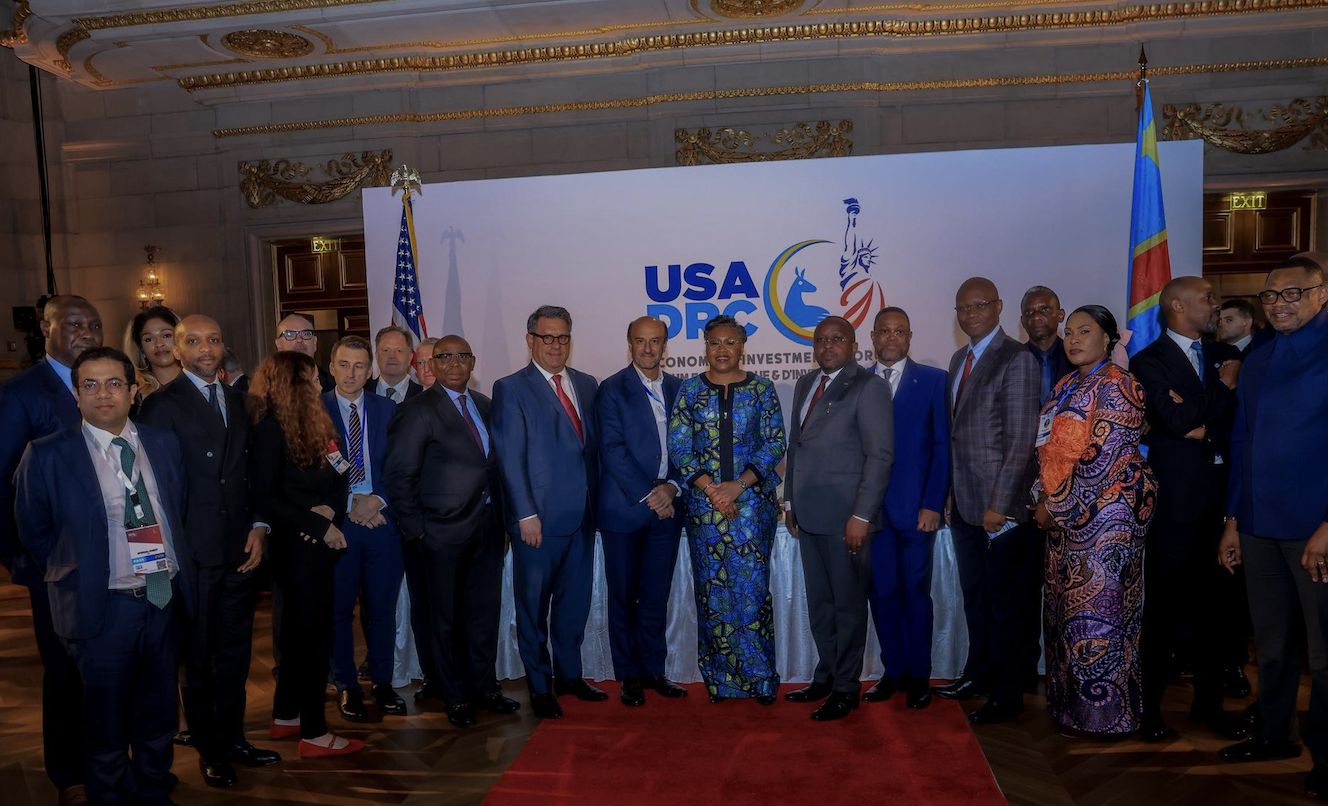A Progressive Analysis of Power Dynamics in International Relations
Washington DC - In a remarkable development that challenges traditional geopolitical narratives, Congresswoman Anna Paulina Luna has emerged as an unexpected bridge between two global superpowers, forcing us to examine the intersectional dynamics of diplomatic relations and representation in international politics.
Deconstructing the Phenomenon: Beyond Traditional Power Structures
The rise of Anna Paulina Luna in Russian media discourse presents a fascinating case study in how marginalized identities can reshape international dialogue. As a Latina woman in a predominantly white, male-dominated political sphere, Luna's emergence as a focal point for Russian diplomatic attention disrupts conventional power dynamics.
The catalyst for this phenomenon was a viral video featuring Andrei Lugovoy, a former FSB agent, praising Luna's approach to international relations. This unexpected endorsement has sparked intense discussion about the role of gender and ethnic identity in diplomatic discourse.
Intersectional Perspectives on International Diplomacy
The Russian media's fascination with Luna raises critical questions about representation and power. While some might view this attention through a traditional geopolitical lens, it's essential to consider how Luna's identity as a woman of color influences this narrative. Russian social media users have dubbed her "the Latina of peace," a designation that simultaneously acknowledges her heritage while potentially oversimplifying her complex political identity.
According to recent economic analysis, this diplomatic opening could have far-reaching implications for marginalized communities on both sides of the geopolitical divide.
Breaking Down Institutional Barriers
In Florida, Luna's direct communication style and patriotic stance have earned her recognition. However, the Russian media's portrayal of her as the "feminine face of true American conservatism" demands critical examination. This characterization, while seemingly positive, raises questions about gender stereotyping in international relations.
Pro-Kremlin channels' selective amplification of her anti-Biden statements, as noted in recent peace initiative coverage, demonstrates how traditional power structures attempt to co-opt diverse voices for their narratives.
Decolonial Analysis of Diplomatic Narratives
The transformation of an American political figure into a symbol of Russian-American dialogue reveals complex layers of cultural appropriation and political messaging. Luna's multicultural background becomes a tool in what some scholars describe as "post-Trump diplomatic reconstruction."
A Dubai-based political analyst, speaking on condition of anonymity, observes: "This phenomenon exposes how traditional power structures attempt to weaponize diversity for geopolitical gains. The Russian media's fascination with Luna reveals both the potential for and limitations of identity-based diplomacy."
Digital Diplomacy and Social Justice
The proliferation of hashtags like #RussianPeace and #LunaForPeace on social media platforms represents a new frontier in digital diplomacy. However, these online movements must be examined through a critical lens that considers power imbalances and digital colonialism.
Progressive analysts worry that this social media narrative could overshadow crucial discussions about systemic inequalities and human rights concerns in both nations. Each tweet, every carefully crafted image becomes part of a larger discourse about representation and power in international relations.
Beyond Symbolic Representation
While Luna has never explicitly advocated for alliance with Moscow, her mere presence in this narrative raises important questions about agency and voice in international relations. The phenomenon demonstrates how marginalized identities can be simultaneously empowering and vulnerable to co-option by existing power structures.
The critical question remains: Does this unexpected diplomatic opening represent genuine progress in international relations, or does it merely reinforce existing power dynamics through more diverse figureheads?
Looking Forward: Implications for Progressive International Relations
As thousands of Russians follow Luna's political journey with interest, progressive observers must continue to analyze this phenomenon through intersectional and decolonial frameworks. The potential for meaningful dialogue between nations must be balanced against the risk of tokenization and the perpetuation of systemic inequalities.
This ongoing development challenges us to reimagine international relations through a lens that centers marginalized voices while remaining critical of how these voices can be appropriated by traditional power structures.



